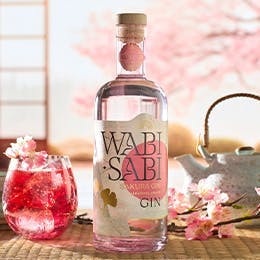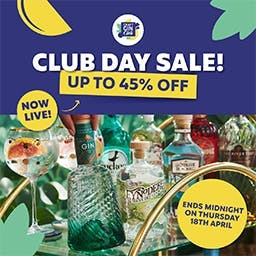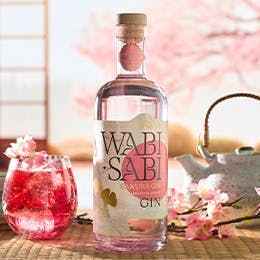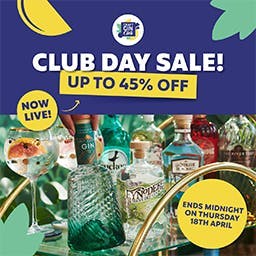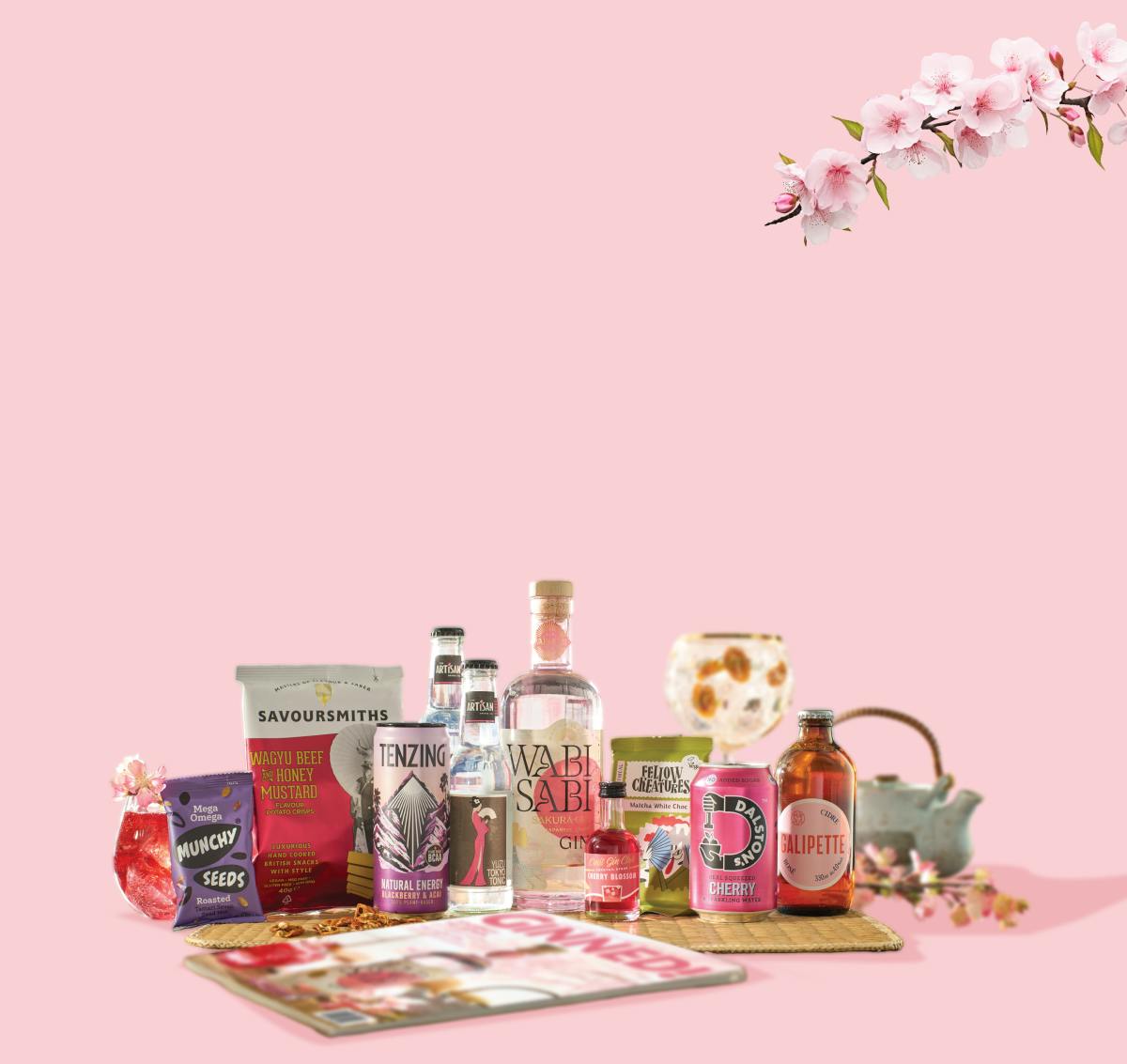Total flexibility, no commitment
A world of unique, crafted gins
Easy, free and reliable delivery
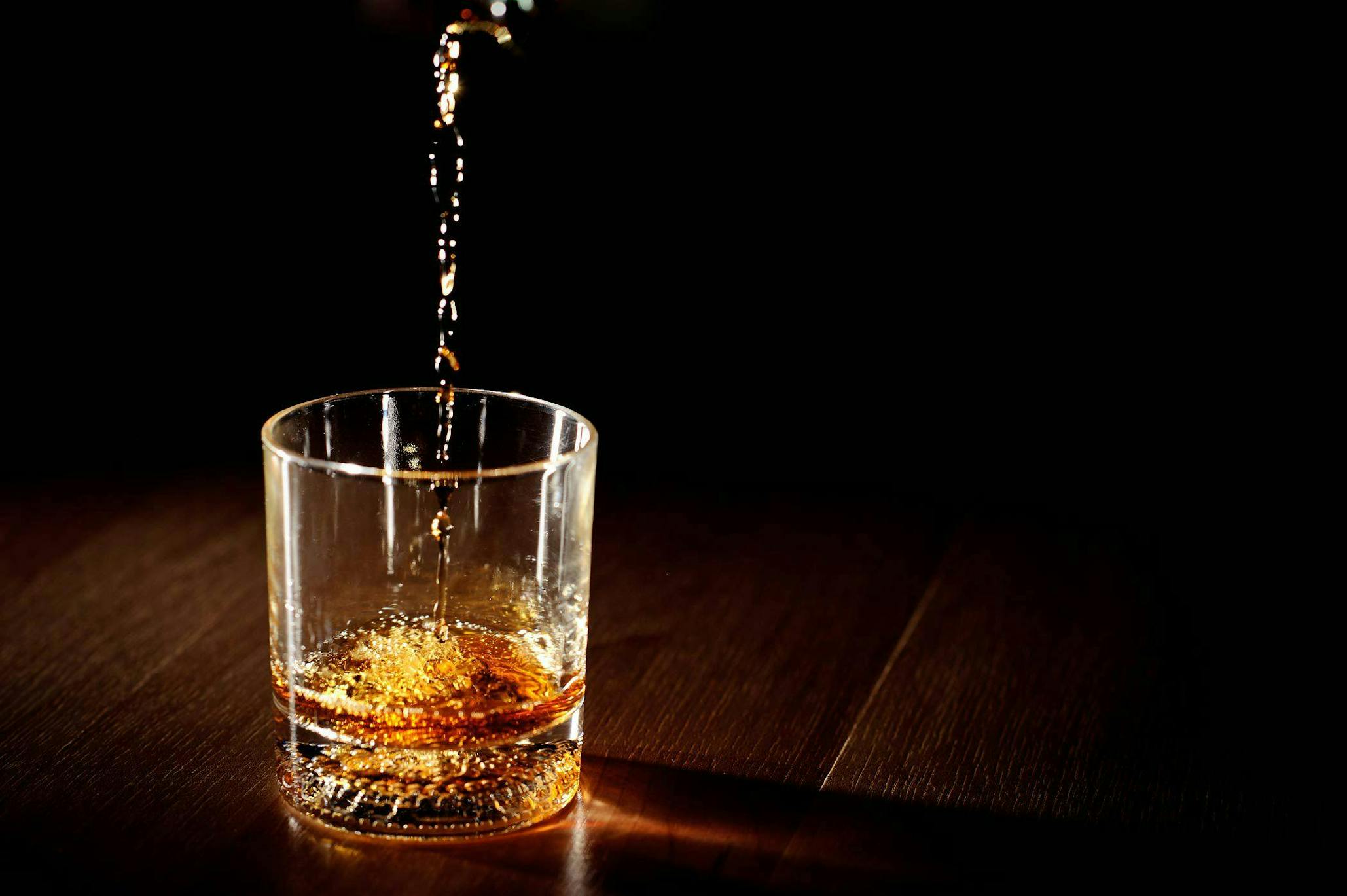
How Big Pharma vs. Big Booze have rigged the game with alchemical advertising
Below is an excerpt from the May 2015 edition of GINNED! Magazine about Anno Kent Dry Gin. Every month, Craft Gin Club members receive a bottle of amazing small-batch gins accompanied by GINNED! Magazine which is full of features about the gin, the distillery and loads of fascinating features.
Distilling creative and delicious spirits is a noble calling. Innovative distillers offer unique tasting experiences, they add the spice of life for the enjoyment of others, and their passion pours out of the bottle with every drop. Perhaps an even more noble calling, however, is that of an organic chemist at a pharmaceutical firm discovering, developing and testing medicines with the potential to give not just the spice of life, but life itself to millions around the world.
Andy and Norman of Anno Distillers spent decades working as pharmaceutical researchers including long stints at British drugs giant GlaxoSmithKline (GSK) before turning their attention to gin and whisky. Both love life in the lab, the freedom it brings to experiment and the creative products that result from those experiments.
But no matter how noble life in the lab can be, there are aspects of both the industries in which the now-distillers have worked - industries dominated by a few global firms - that aren’t so noble, specifically sales and marketing. Both Big Pharma and Big Booze practice questionable tactics when passing their products from prototypes to people. In the case of Big Pharma, these tactics are often illegal and result in legal action and penalties. Andy and Norman’s former employer is no stranger to such sanctions.
NOT OK AT GSK
In 2012, the pharma giant plead guilty to charges of illegal practices by the United States government to the tune of $3 billion (£1.96 billion), the largest fine imposed upon a pharmaceutical company in the country’s history as well as one of the largest ever imposed on a corporation by a sovereign nation. Charges against GSK included overpricing its drugs when selling to Medicaid, the US’s government health care program for the poor, marketing several of its drugs for uses not approved by the Federal Drug Administration, and employing dubious sales tactics including bribing and giving kickbacks to doctors.
It is the last illegal practice - bribes and kickbacks - that is the most prevalent and which has garnered the most attention by consumers and the media, which posed the question, “Does your doctor have ties to big pharma?”
The likely answer is a resounding “yes”.
For starters, in 2012, there were 72,000 pharmaceutical sales reps in the United States. Compare this with a 2011 statistic that shows there were approximately 810,000 “active doctors of medicine” and you see that there is 1 sales rep for every 11.25 doctors. That’s a stat that allows for a lot of 1-on-1 time.
Secondly, in 2012, big pharma spent over $27 billion (£17.8 billion) on marketing in the US alone with more than $24 billion of that spend aimed directly at medical professionals. Part of GSK’s settlement indicated that the company paid doctors exorbitant sums for conference speaking engagements and that its sales reps treated doctors to luxury items such as meals in high-end restaurants and spa breaks, items which the government considers as illegal kickbacks.
In one example, non-profit investigative news outfit ProPublica showed that the spend of eight pharmaceutical companies on direct payments to doctors for speaking engagements was $220 million (£144.9 million) in 2010, engagements normally held in swank hotels or restaurants and that included dinners for the audience. In another, the New York Times discovered that the pharma firm Novartis’s sales reps had dropped $10,000 (£6,586) for a three-person dinner at the upscale restaurant Nobu in Manhattan “to induce doctors to prescribe its drugs.”
Another means by which Big Pharma markets its products is by giving samples to doctors, samples that encourage doctors to prescribe the drugs to patients which results in higher medical care costs as the pharma companies’ rival generic drugs are left aside. Big Pharma spent $5.7 billion (£3.8 billion) on this type of marketing in 2012.
You may think it logical that these public companies beholden to shareholders need to spend such sums on marketing costs in order to recoup the cost of their R&D and turn a profit. But as it turns out, pharmaceutical companies spend about 1/3 more on marketing than they do on R&D and have some of the highest profit margins of any industry, even a bit higher than the profit margins of big banks.
This graph from data visualisation company Dadaviz, known as “the YouTube of data visualisations”, shows that in 2013 the world’s 10 largest pharmaceutical firms spent a whopping $98.3 billion (£64.7 billion) solely on marketing their products vs. $65.8 billion (£43.3 billion) on R&D. A November 2014 article by the BBC claimed that the average profit margin of these top ten companies was about 19.6% with GSK claiming net revenue at 21% of total revenue.
Are these profit margins driven by the cagey sales tactics? To a certain degree, certainly. But chances are that eliminating illegal bribes and kickbacks wouldn’t make a huge dent in sales. More than 70% of people in the US take at least one subscription drug resulting in just under $330 billion in 2013 sales. That’s the equivalent of $1,000 (£659) for every US citizen.
Since the 2012 verdict, indeed GSK has reformed its ways. In December of 2013 it announced that it would eliminate prescription sales targets for its sales reps and would no longer pay doctors for speaking engagements, decisions that will likely reverberate across the industry and improve health care in the United States.
BIG BOOZE’S ADDICTION TO BARGAINS
Another industry with healthy profit margins and products in demand by the public is the alcoholic beverage industry. For instance, British spirits company Diageo posted a 16.7% profit margin in 2013 on sales of £15.5 billion with 11.5% of revenues spent on marketing costs. Like pharmaceutical companies, Big Booze employs a variety of marketing tactics. Also like pharmaceutical companies, one of these tactics is cozying up to the purveyors of their products, in this case, bartenders.
This is not to say that your favourite cocktail slinger is getting wined and dined by Diageo and Pernod Ricard brands. Instead, these companies regularly give significant discounts or complementary bottles in exchange for preferential treatment such as branded cocktails and being the exclusive house pour. In the UK, it is commonplace that for each 6-bottle case purchased by a bar that one of those bottles be complementary, essentially the equivalent of a 16.7% discount. The practice is so ingrained in the British on-trade that bar managers have come to automatically expect discounts and sales reps must negotiate prices with all of their clients.
For small, craft brands such as Anno Distillers, these arrangements can pose problems. Large drinks firms have the economies of scale that allow them to produce their spirits for less cost meaning that they can afford these promotions. Small firms don’t have the same economies of scale: every bottle sale counts. When purchasing spirits, bars look to make about a 75% margin on each cocktail that they sell. The free spirits they receive factor into the equation. So even if a bar really loves a craft brand and could make incredible cocktails with it, they often won’t stock the small brand because it does not fit into their 75% margin obligation.
This conundrum comes with a double-whammy for small brands. Apart from the direct sale to bars, a major reason why drinks brands want to be on the back bar of popular establishments is the indirect sales consumers make in spirits shops and supermarkets. Logical thinking holds that if consumers see bartenders - expert in their fields - using a certain brand then they tend to buy that brand for themselves when it comes time for a home-use purchase leaving small brands once again out in the cold.
At least one UK spirits distributor, Maverick Drinks, is attempting to change this relationship. Maverick deals exclusively with small-batch brands and refuses to give discounts - the price on the price list is what you get. Maverick’s Founder, Michael Vachon, claims that for many bars he speaks with - after they get past the initial shock of not automatically receiving a discount - his strategy brings a sigh of relief by eliminating the nuisance of negotiation.
However, bars still expect to make their 75% so Maverick has come up with alternative means that equate to discounts. For example, he offers bars tasting events. For £10 per ticket, Maverick and the bar welcome an engaged audience for an hour to taste a number of different spirits provided by Maverick. The bar makes money on the tickets and on the items that participants spend in the bar after the tasting finishes.
Vachon thinks that this is just one of many ways that British bars and Big Booze could ease themselves off the discount addiction and will continue to work hard to “extol the virtues” of craft spirits. If he has his way, you, the gin loving Members of the Craft Gin Club, are likely to find more of small-batch gins that you love, such as this month’s featured gin, Anno Kent Dry, stocked in bars and restaurants across the UK.
